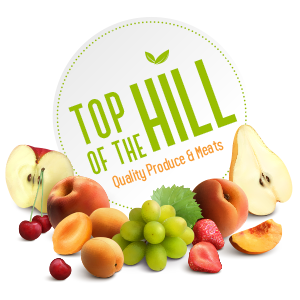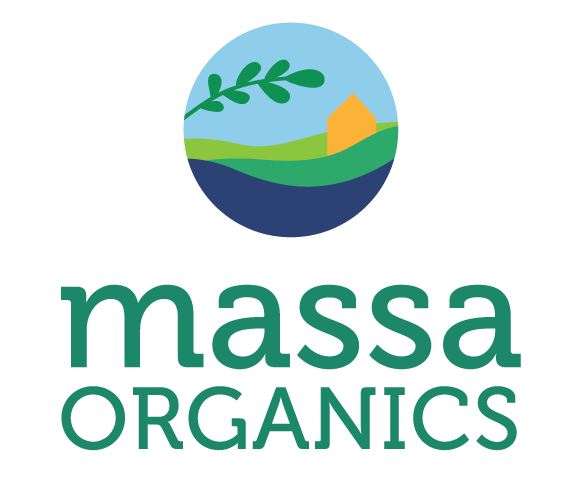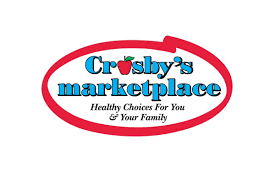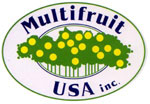HOLLYWOOD, Fla. — The USDA is set to implement its Strengthening Organic Enforcement rule on March 19 in the most significant overhaul for USDA organic certification since its inception. Organic Trade Association co-CEO Matt Dillon led a panel at the 2024 Global Organic Produce Expo to help attendees make sense of how this rule will impact their organic growing, packing, shipping and retail business.
Watch it now:
Dillon, who was joined by Joe Merenda, president and co-CEO of Misionero; Sara Neagu-Reed, director of production and environmental policy for the International Fresh Produce Association; and Daniel Montes, program coordinator with Control Union, began by providing some context behind the new rule. Many in the organic industry lobbied the USDA to enact some change in organic regulations for 20 years to protect the integrity of the USDA Organic seal, but the department was slow to act, he said.
“This Strengthening Organic Enforcement … brought about arguably 20 years of change in a single fell swoop,” Dillon said. “The intention of the rule was to try to improve transparency and to reduce fraud by having much clearer regulations and having more robust certification throughout the supply chain.”
New impacts to rule
Dillon detailed every step of organic produce throughout the supply chain in a slide, which showed how any business that handles organic produce will now need certification.
Merenda said the rule will not affect growers much, aside from calling into question the validity of the original USDA organic seal.
“I would have preferred if it was called updating organic standards rather than strengthening, because that invokes with the consumer that there was something missing or that there was something broken in what we had originally done,” he said. “We'll have to go back and re-educate the consumer about what we already do.”
Montes said the rule will be a big change for importers and traders of organic produce, which will now need to be certified.
“It really affects the importer, the person who's bringing stuff in from outside the country,” he said.
Neagu-Reed said while the rule may affect produce handlers more than growers, it does have a trickle-down effect.
“It's going to require folks beyond the farm gate to become certified if they're handling organic produce, and that impacts the operation,” she said.
Tamper-evident packaging is another major component of the rule, Dillon said.
“If you’re a distribution center and you're handling organic products and it’s not tamper-evident packaging, then certification is now a requirement,” he said.
Neagu-Reed said IFPA members still have questions about what constitutes tamper-evident packaging, as it is unclear in the SOE rule.
“The USDA does not define [tamper-evident packaging] in the rule,” she said. “The key takeaway from that is, and the reassurance we've been provided by [the National Organic Program] directly, that this is a risk-based role, meaning work with your certifier when it comes to these areas within the rule. And tell them this is how we believe we are fine so that you both are on the same page and have an understanding.”
Merenda said that, as a grower, his operation focuses on self-auditing with fraud prevention plans and internal checks.
“We have to be responsible for developing good organic operating plans that make sure that we're working in partnership with our certifiers to be complying with the rules,” he said. “We have to have certifiers that are robust and have integrity in their enforcement.”
One thing Neagu-Reed assured the audience is that as March 19 rolls around, the produce industry can almost expect a phased-in compliance enforcement approach from the USDA.
“They’ll first go to the certifiers and say, Okay, what have you done leading up to March 19 To prepare for the role? And then they'll start, you know, going more out throughout the supply chain,” she said.
Building trust
Merenda said with a lot of new sustainability claims, such as regenerative ag or pesticide-free, the consumer now is left wondering if the organic certification is the best choice.
“We probably haven't done the best job of continuing to promote that and explain it, because there's a lot of other noise in the marketplace,” he said.
Dillon said the organic category is a prominent sustainability claim seen throughout a grocery store. When OTA conducted a survey in 2019, however, it found that only 45% of respondents believe the USDA organic certification program is honest and only 43% of respondents said the USDA is good at what it does.
“Most consumers don't understand that organic is the only sustainability claim that is has as the veracity of federal law,” he said. “So how do we how do we improve consumer awareness?”
Dillon concluded the panel by saying the SOE should be something retailers communicate to consumers.
“This shouldn't be a reason to buy organic, because we were already the most robust certification standard in the marketplace, and now we've even gone further,” he said. “That’s part of the repeated mantra we all have to be communicating to our retail partners and consumers.”














